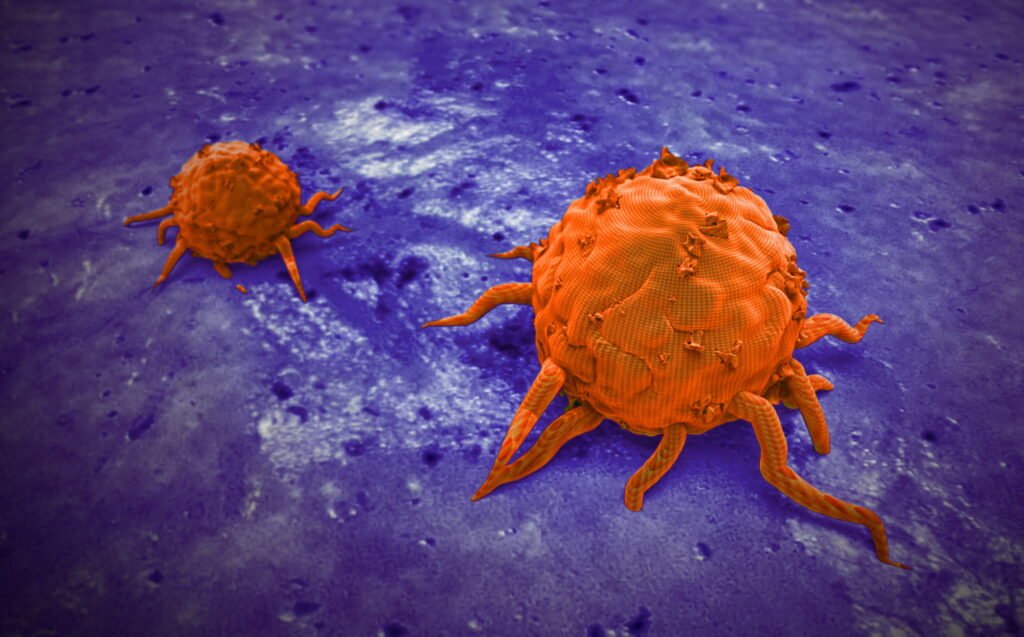Israeli researchers have developed artificial intelligence capable of finding drug combinations for cancer treatments that are significantly more powerful than using each individual drug alone.
There are cancer treatments that already employ combination therapy, where different drugs work together in synergy to combat a tumor more effectively than they would individually.
Scientists at the Technion – Israel Institute of Technology have found drugs that are not only more powerful against tumors when combined, but that also chemically self-combine their nanoparticles to produce an even greater effect.
The resulting nanomedicines are highly effective at targeting cancer cells and fighting tumors, while being less toxic to the patient and causing fewer side effects.
The researchers have developed an AI that predicts which drug duos can chemically self-assemble or join together to form nanoparticles.
It does so by gathering information about biological synergy from published articles, compiling the pairs of drugs into a comprehensive database, and then pairs drugs based on their potential to create nanoparticles together.
The AI has proposed 1,985 drug combinations for 70 types of cancer thus far.
One example of the model’s abilities is a highly effective drug pair for treating head and neck cancer that it discovered. The two drugs, Bortezomib and Cabozantinib, are already approved for cancer treatment – the former for blood cancers, and the latter for liver, kidney, and thyroid cancers. The combination of the two was proven effective and produced fewer side effects than using either of the drugs individually.
“The development of meta-synergy on the nanometric level is a very complex challenge,” said Prof. Yosi Shamay, of the Technion’s Faculty of Biomedical Engineering.
“It necessitates the introduction of (at least) two drugs simultaneously into the same delivery system that would lead them to the desired destination in the body. Our research has shown, both in a computational demonstration and in live experiments, that the combination we proposed indeed leads the drugs to the tumor and releases them there — and that this therapy is very effective in treating the disease,” he said.
The results from a study analyzing the efficacy of the AI were published in the Journal of Controlled Release.
Related posts

Israeli AI Safety Tool Among TIME’S Best Inventions For 2024

TAU Team Discovers Mechanism To Eliminate Cancerous Tumors

Ashdod Port Investing In Startups As Part Of Innovation Strategy




Facebook comments